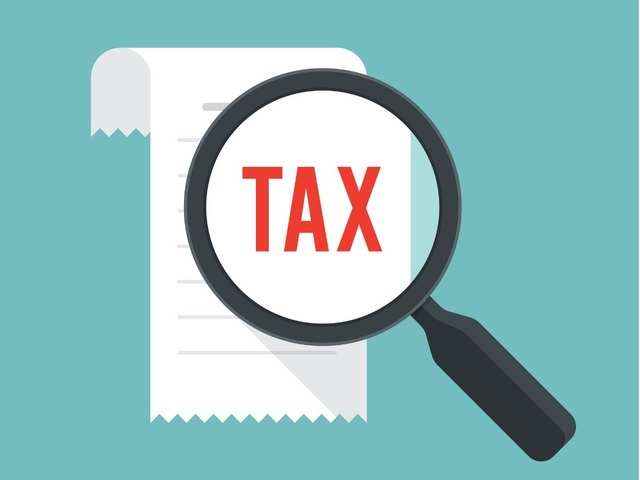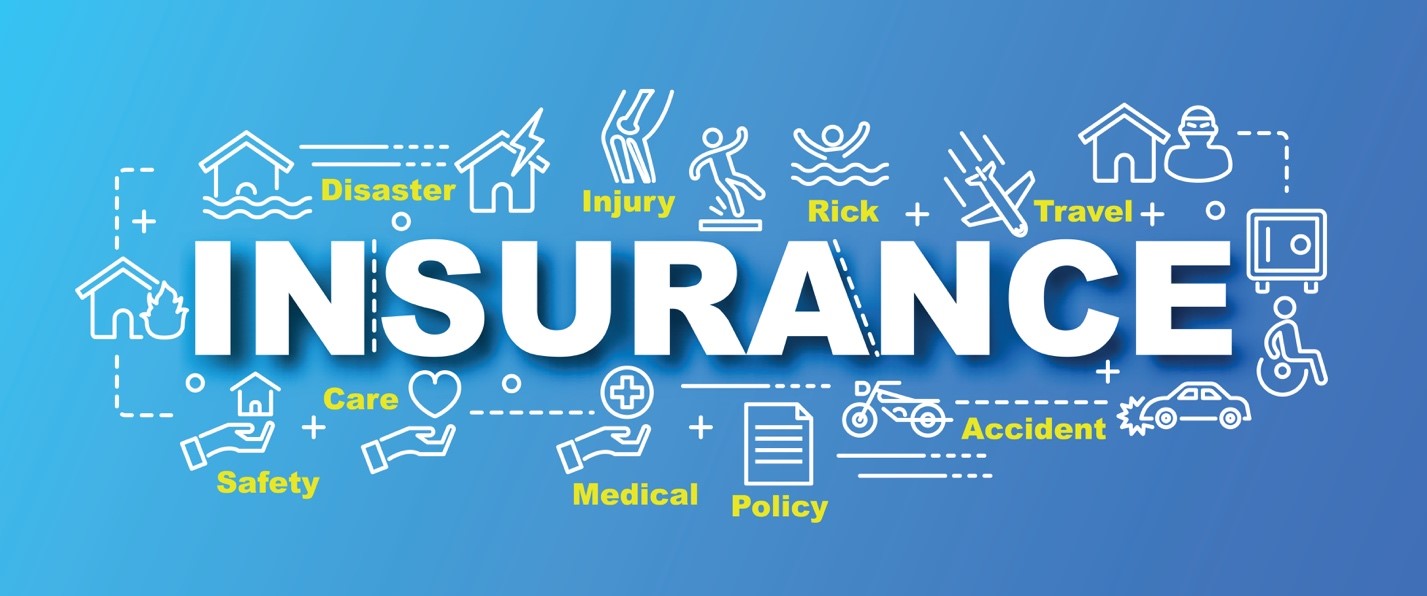Bitcoin and the concept of cryptocurrencies were only known to geeks until several years ago, but everything changed after the big boom of 2017. The rise of digital coins earned them a mainstream status and everyone knows about them today.
People use Bitcoin as an investment, for internet shopping sprees, to gamble at online casinos, and for various other purposes.
There are many ways to store your cryptocurrency and this post focuses on the pros and cons of the different types of wallets you can use.
Online Crypto Wallets
One of the biggest problems with Bitcoin and the other cryptocurrencies is that many people found it hard to buy and store them. This issue was pretty much solved by the so-called online cryptocurrency wallets.
They allow every user to simply open a website, register an account in several easy steps and buy Bitcoin or another digital asset. Online wallets are fast, easy to use and you can access them from all of your devices.
On the negative side, you don’t actually own your crypto but use the service of a third-party. The security level is also lower, as your coins are on a server that’s constantly connected to the internet. If one of your devices is compromised, your online wallet is at a huge risk.
You should use online wallets to store low amounts of Bitcoin or other currencies for daily transactions. If you plan to invest a lot of money and hold your crypto for a long period of time, you better try some of the other options on this list.
Mobile Crypto Wallets
Another group of crypto wallets that emerged in the past year or two are mobile wallets. As the name suggests, they come on your phone or tablet and can be used at any given moment. They are friendly even to newbies and they are more secure than online wallets.
And yet, your coins will be at risk if you damage or lose your device. On top of that, if your phone is hacked, your crypto might be stolen.
Similar to online wallets, you should use the mobile alternative for smaller amounts and for convenience, not as your main storage option.
Hardware Crypto Wallets
One of the safest options out there would be to go for a hardware crypto wallet. It’s usually a small device that you can physically possess. You technically store your private keys on a USB device that only you have access to.
The technology is not very user-friendly and the hardware wallets usually cost money, but they are among the best options for keeping large amounts of Bitcoin or other coins.
Desktop Wallets
Many argue that desktop wallets are the best from most of the other options. They are usually easier to use than hardware wallets, but they are almost equally as safe and you actually possess your coins instead of using a third-party.
There’s no risk of someone hacking the website of your online or mobile wallet and damaging your computer beyond repair is close to impossible.
The problem is that you don’t have access to crypto on the go and there’s always a risk if you connect your computer to the internet. You become vulnerable to viruses and Trojan Horses, so you need to spend a lot of time securing your PC.
Desktop wallets are the perfect solution for people who have the skills to take care of their cryptocurrency and computer alone. If you are not confident you can do that, you better use one of the other options.
Conclusion
Picking the optimal type of crypto wallet for your needs is important. You should invest some time and energy to find a solution that works based on what you use your Bitcoin or other digital assets for and what your technical skills are.









